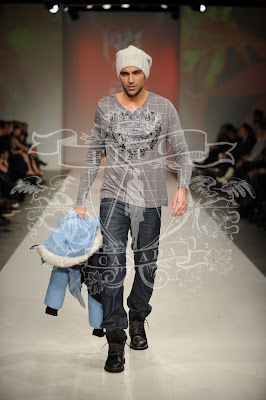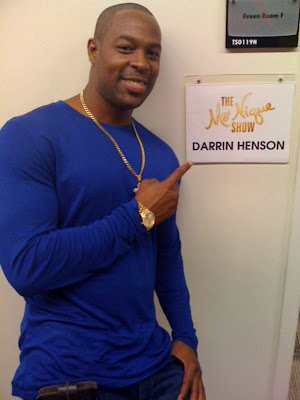

There was a sizable gender difference in the responses for one other reason: 15% of women indicated the top reason they didn’t apply was because “I was following the guidelines about who should apply.” Only 8% of men indicated this as their top answer.

The gender differences here suggest we need to expand the burgeoning conversation about women’s relationship with failure, and explore how bias, stereotype threat, the dearth of women leaders, and girls’ greater success in school all may contribute to our greater avoidance of failure. But that kind of bias may lead us to become too afraid of failure-avoiding it more than is needed, and in ways that don’t serve our career goals. Women may be wise to be more concerned with potential failure there is some evidence that women’s failures are remembered longer than men’s. Notably, only 13% of men cited not wanting to try and fail as their top reason.
#Poser debut clothing does not fit model free#
When those women know others are giving it a shot even when they don’t meet the job criteria, they feel free to do the same.Īnother 22% of women indicated their top reason was, “I didn’t think they would hire me since I didn’t meet the qualifications and I didn’t want to put myself out there if I was likely to fail.” These women also believed the on-paper “rules” about who the job was for, but for them, the cost of applying was the risk of failure – rather than the wasted time and energy. For those women who have not been applying for jobs because they believe the stated qualifications must be met, the statistic is a wake-up call that not everyone is playing the game that way. This is why, I think, the Hewlett Packard report finding is so often quoted, so eagerly shared amongst women, and so helpful. This is critical, because it suggests that if the HP finding speaks to a larger trend, women don’t need to try and find that elusive quality, “confidence,” they just need better information about how hiring processes really work. What held them back from applying was not a mistaken perception about themselves, but a mistaken perception about the hiring process. They didn’t see the hiring process as one where advocacy, relationships, or a creative approach to framing one’s expertise could overcome not having the skills and experiences outlined in the job qualifications. They thought that the required qualifications were…well, required qualifications. In other words, people who weren’t applying believed they needed the qualifications not to do the job well, but to be hired in the first place.

Men and women also gave the same most common reason for not applying, and it was by far the most popular, twice as common as any of the others, with 41% of women and 46% of men indicating it was their top reason: “I didn’t think they would hire me since I didn’t meet the qualifications, and I didn’t want to waste my time and energy.” Only about 10% of women and 12% of men indicated that this was their top reason for not applying. In fact, for both men and women, “I didn’t think I could do the job well” was the least common of all the responses. So I surveyed over a thousand men and women, predominantly American professionals, and asked them, “If you decided not to apply for a job because you didn’t meet all the qualifications, why didn’t you apply?”Īccording to the self-report of the respondents, the barrier to applying was not lack of confidence. I was skeptical, because the times I had decided not to apply for a job because I didn’t meet all the qualifications, faith in myself wasn’t exactly the issue. As one Forbes article put it, “Men are confident about their ability at 60%, but women don’t feel confident until they’ve checked off each item on the list.” The advice: women need to have more faith in themselves. It’s usually invoked as evidence that women need more confidence.
#Poser debut clothing does not fit model code#
The finding comes from a Hewlett Packard internal report, and has been quoted in Lean In, The Confidence Code and dozens of articles. You’ve probably heard the following statistic: Men apply for a job when they meet only 60% of the qualifications, but women apply only if they meet 100% of them.


 0 kommentar(er)
0 kommentar(er)
